Ramaswamy urges GOP to learn from defeat after democratic sweep
Ramaswamy, who previously sought the Republican presidential nomination and later launched a bid for Ohio governor, urged his party to avoid what he termed “identity politics.”
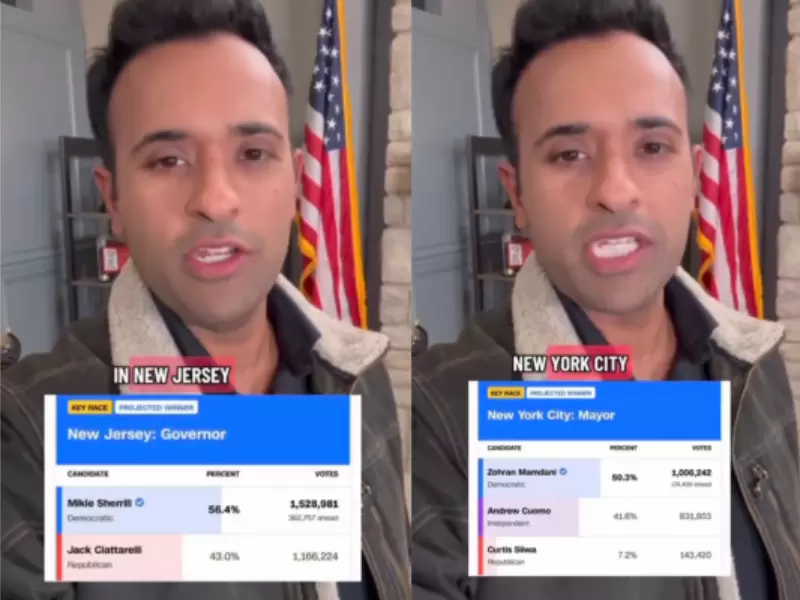 Vivek Ramaswamy / X (Vivek Ramaswamy)
Vivek Ramaswamy / X (Vivek Ramaswamy)
Republican leader and Ohio gubernatorial candidate Vivek Ramaswamy called on his party to “learn from defeat” after Democrats secured sweeping victories in key state and local elections across the United States on Nov. 5
In a video statement posted on X captioned “Lessons for tonight. No sugar coating,” Ramaswamy delivered a blunt assessment of the GOP’s performance.“We got our a**es handed to us in New Jersey, Virginia, and New York City. Democrats swept all three,” he said.
Also Read: Ten US House races to watch in 2026
Lessons from tonight, no sugar coating. pic.twitter.com/CMZCIH4g2O
— Vivek Ramaswamy (@VivekGRamaswamy) November 5, 2025
“There are two key lessons for Republicans. First, focus on affordability. Make the American dream affordable. Bring down costs—electric costs, grocery costs, healthcare costs, and housing costs—and lay out how we’re going to do it.”
Ramaswamy, who previously sought the Republican presidential nomination and later launched a bid for Ohio governor, urged his party to avoid what he termed “identity politics.”
“Cut out the identity politics—that’s the woke Left’s game, not ours,” he said. “We don’t care about the color of your skin or your religion. We care about the content of your character. That’s who we are.”
The comments followed a night of major Democratic wins across the country. In New York City, 34-year-old Democratic Socialist Zohran Mamdani was elected mayor—becoming the city’s first Muslim and its youngest leader in over a century. In New Jersey, Mikie Sherrill secured re-election, while Virginia’s Abigail Spanberger prevailed in another closely watched race, bolstering Democratic momentum in key states.
The elections, the first major political test since Donald Trump’s return to the White House earlier this year, underscored growing challenges for the GOP. Republicans suffered setbacks even in areas previously seen as competitive, with party strategists citing weak turnout, internal divisions, and an inability to connect with voters on economic concerns.
According to a recent post-election poll, issues related to affordability—rising living costs, housing, and healthcare—were the most important factors driving voter decisions, outweighing cultural debates and immigration concerns.
ADVERTISEMENT
ADVERTISEMENT
E Paper
Video



1749497506.png) Malvika Choudhary
Malvika Choudhary

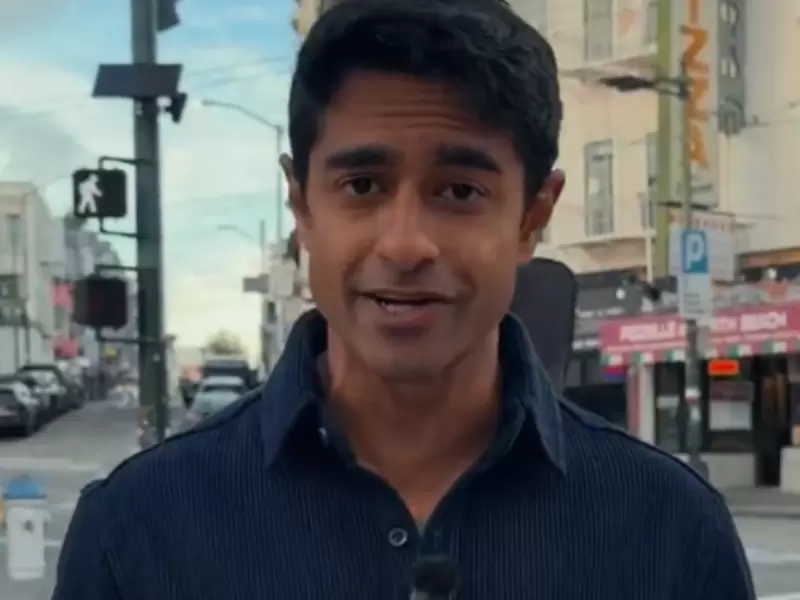
.JPG)

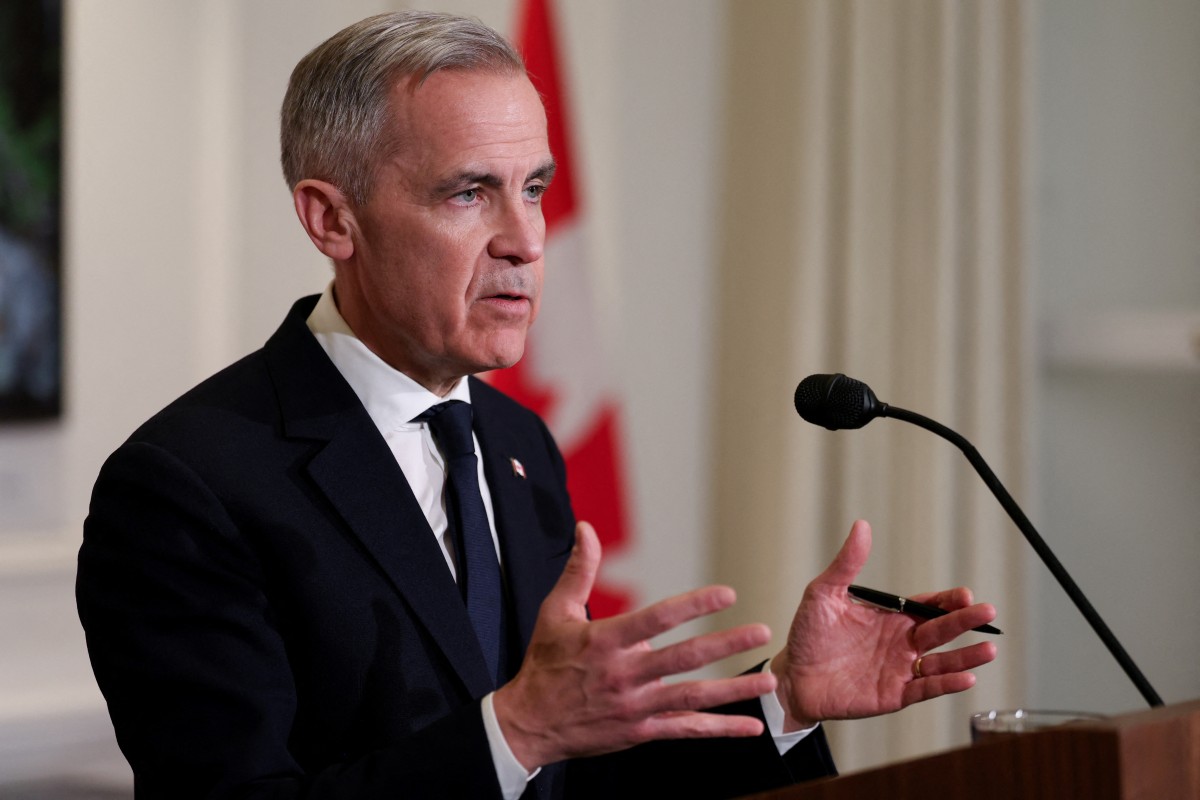
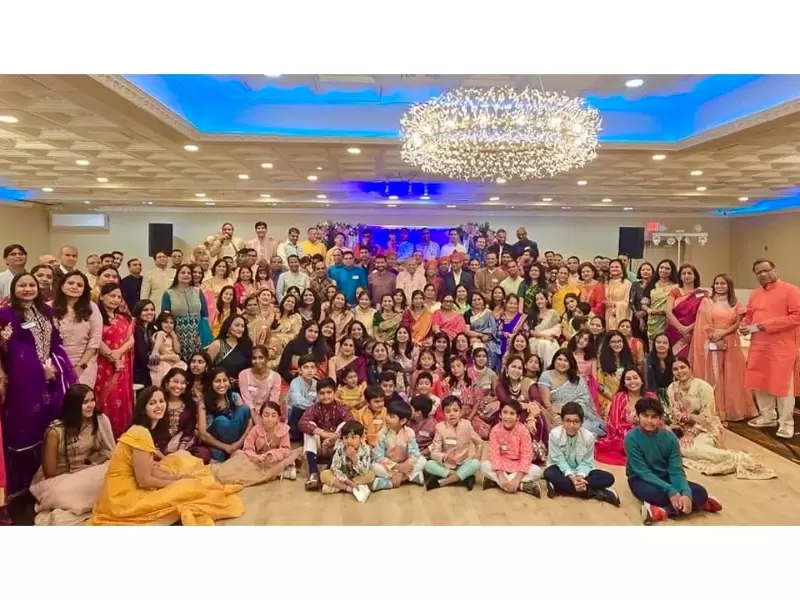
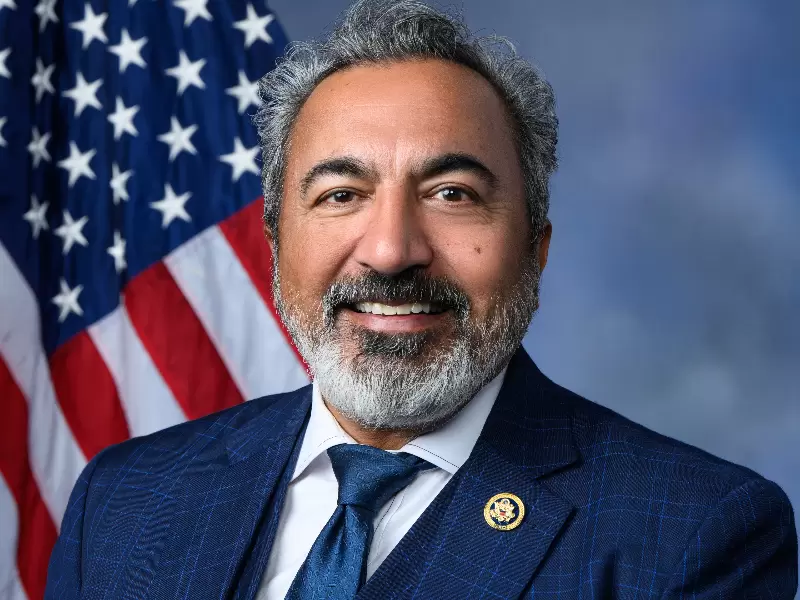




Comments
Start the conversation
Become a member of New India Abroad to start commenting.
Sign Up Now
Already have an account? Login